Reportage
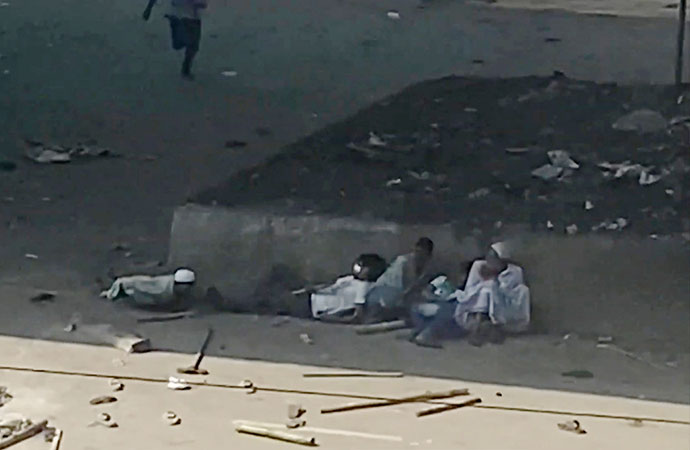
Screengrab from 'Evidence of Atrocities', by the International Truth and Justice Project.
They said Jatrabari was 'the Stalingrad of the Uprising'.
These days you're almost more likely to encounter sympathy for the police, fed by lies and half-truths about the weapons they used (apparently they didn't have access to 0.762mm-firing rifles) or how 3000 of them got killed (the real number is 44, 3000 is the number who fled), than for the protesters they gunned down. A documentary released by the International Truth and Justice Project serves to remind us once again, just who was in the right and who was in the wrong as things came to a head in the July Uprising. Hopefully it can breathe some new life into the movement for justice.
In recent weeks there's been a lot of talk about why there was an uprising in the first place. You know, all that "so many people didn't give their lives for an election" or for "reform" talk. The need for justice would seem to have taken a backseat. It is unfortunate how the emerging political battle lines have managed to muddy the waters, but seeing some of that raw footage again, at times slow-mo'd, or backed up by the same incident from another angle, or placed in their proper, verified context, can help to remind us.
And it reminded me, above all, that the overarching reason behind the Quota Reform Movement, which had such a limited, defined agenda, the reason it evolved and snowballed into something that overwhelmed the government by August 5, was the impunity which the police, and law enforcement agencies in general, had started enjoying. That is all on display in the documentary, titled 'Evidence of Atrocities', and it's all from Jatrabari, a span of just 90 minutes on the day the PM fled. How the police were shooting at protesters from close range. Shooting at protesters running away. It all took me back to those thunderous days of the Uprising. Protesters who posed no threat, being hunted down and eliminated. The nightly raids in areas where student dorms had proliferated over the years, the chilling accounts of those who returned, the sleepless nights of parents whose kids remained missing.
In that moment, what galvanised us was not some grand vision of a new kind of state, some fancy Bangladesh 2.0 or reset button or anything. We just wanted an end to the impunity. What we needed was justice, in order to live with ourselves. I know that for me, the government's position became untenable once we started learning how instead of the police officers captured on video killing Abu Sayeed, some 16-year-old kid and others had been hauled up and accused in the case. That was around July 29/30.
It became untenable when we realised, around the same time I suppose, that the commission formed by the then-prime minister, under Justice Diliruzzaman, was going nowhere really, with not a single meeting held since Hasina announced it on July 17. It became untenable when the home minister, on August 1, declared initial findings of internal investigations indicated "no one died in police firing". You knew then that it was hopeless, the government was beyond redemption. We were aware by then, of at least 300 people having been killed by members of law enforcement since July 16. But not a single head had yet rolled. Not the home minister or the information minister or the ICT's state minister, no DC or OC or VC, no one was being held accountable for the absolute nightmare we were living through. And there came a point when it became clear that no one would be.
That is the context in which the eventual 'Ek Dofa' became inevitable. It stemmed, above all, from a cry for justice. And we as a nation had collectively lost faith in the government to deliver it. Completely. Whatever comes next, be it caretaker, interim or elected, and no matter how many governments it takes, what cannot be compromised is the quest for justice in the matter of the July-August killings. This is a quest that should have no bearing on when elections are held, just like when the elections are held or who gets elected should have no bearing on it. The sanctity of the legal process must rise above everything else.
The incredibly distressing, disturbing footage from the situation around Jatrabari Station on August 5, which we obviously hadn't even seen yet to reach the state described above, serves to remind us of just what it was that we were dead set against. The Jatrabari videos, coming when they did, didn't fuel our anger; they rather vindicated it. You see it again and you realise, even now, that there can be few more harrowing examples throughout history, of a state machinery that had been turned so squarely, and so rabidly, against its own people. You want to draw a line in the sand for reform? Draw it right there, where we never have to witness such horrors again.
We must never forget the steep, steep price that was paid for whatever we gained in August. Paid in blood. The nation we now forge will either live up to that price or it won't. It's not like anybody is really keeping score. But we do have to live with ourselves, and I know that the one situation in which I won't be able to do that, would be one where the men in uniform who killed Sayeed and Mugdho and Saikat and Anas and Wasim Akram and Riya Gope, roam free, on the same soil they had bloodied with such impunity in July-August 2024. While we're all hunky-dory, swimming in the intricacies of our new bicameral parliament, or some other institutional trinket. That I cannot live with. Whatever the path we take going forward, the killers of '24 must all be brought to justice. That is the extent of the 'new' Bangladesh I wish to see, that I must see. Everything else is secondary.






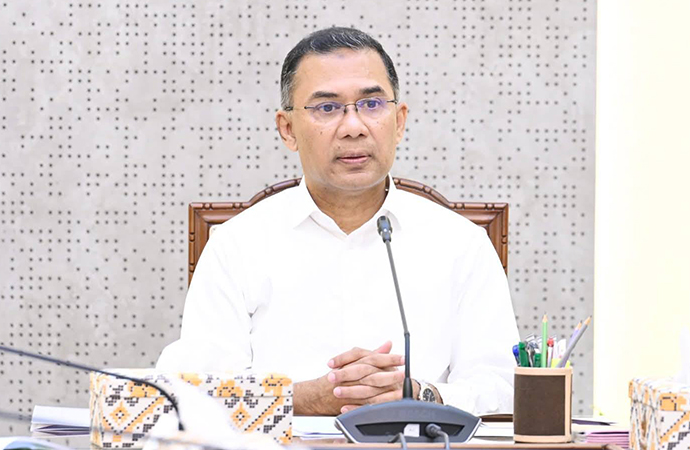
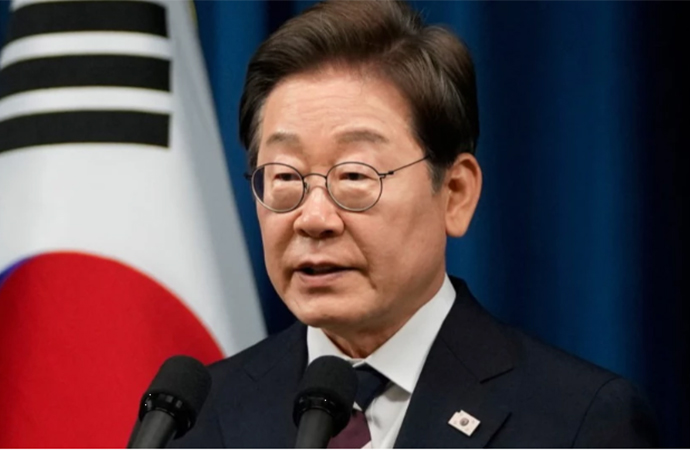
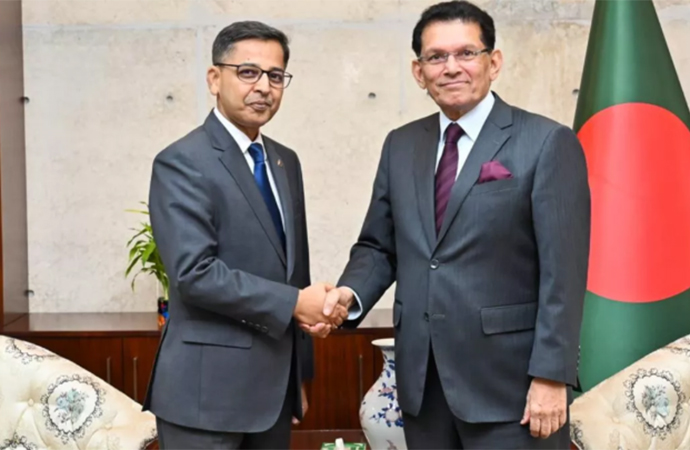
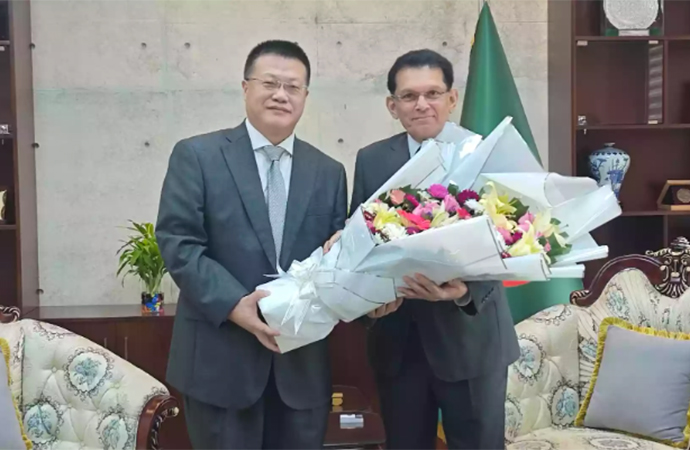
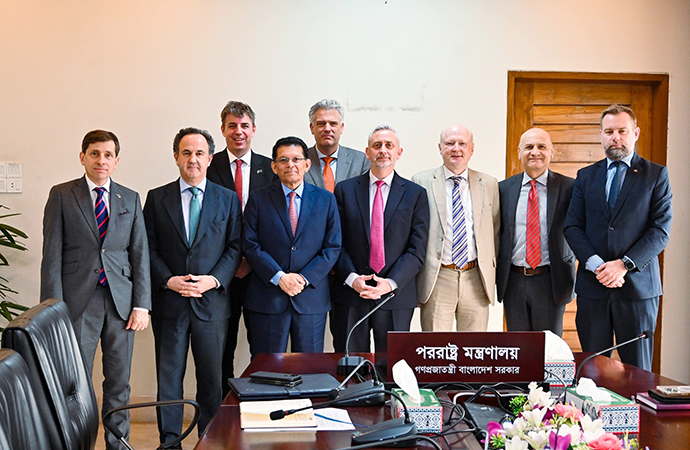
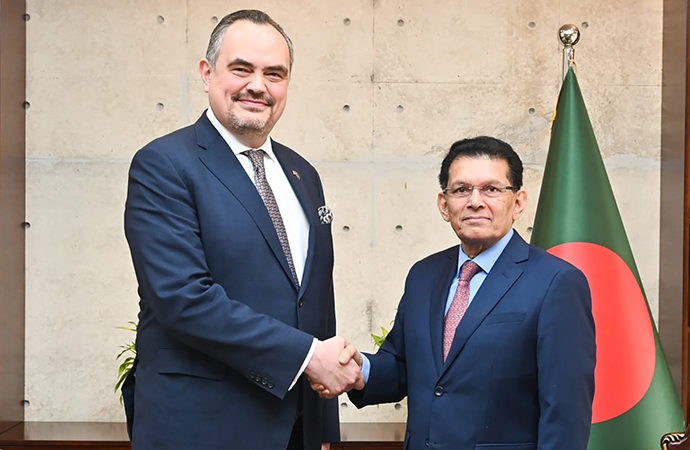

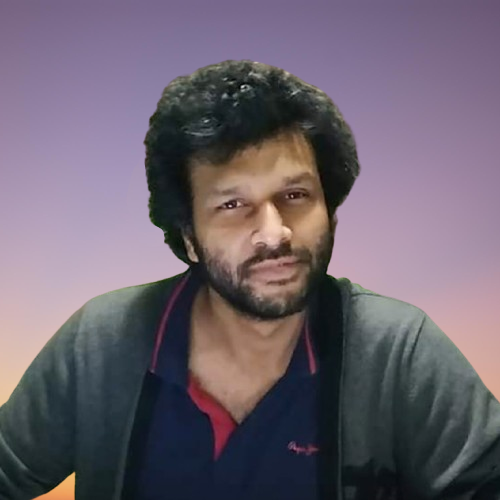
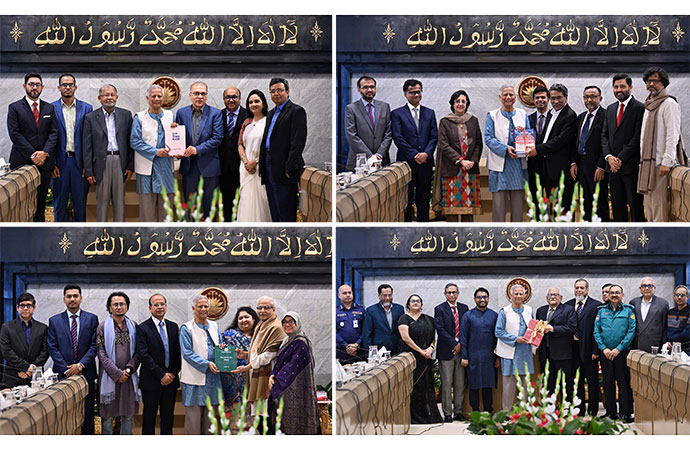
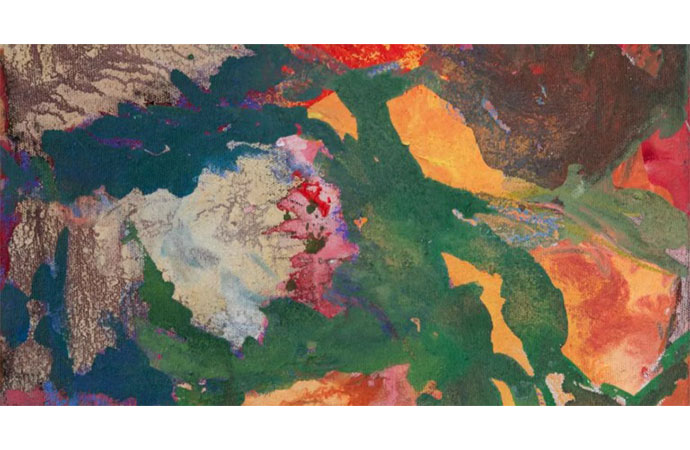



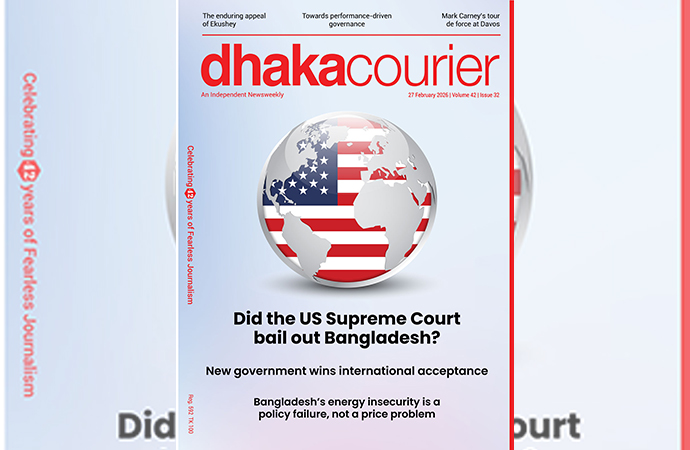





Leave a Comment
Recent Posts
Bangladesh’s first drought-res ...
In a groundbreaking development for Bangladesh’s agriculture, Ga ...
US and Iran hold another round ...
Iran and the United States were holding another round of indirect talk ...
An early hiccup for the new government?
Japan invites PM Tarique, eyes cooperation with Bang ..
Bangladesh to achieve sustained growth, prosperity u ..
Dhaka indicates ‘forward looking, balanced partnersh ..